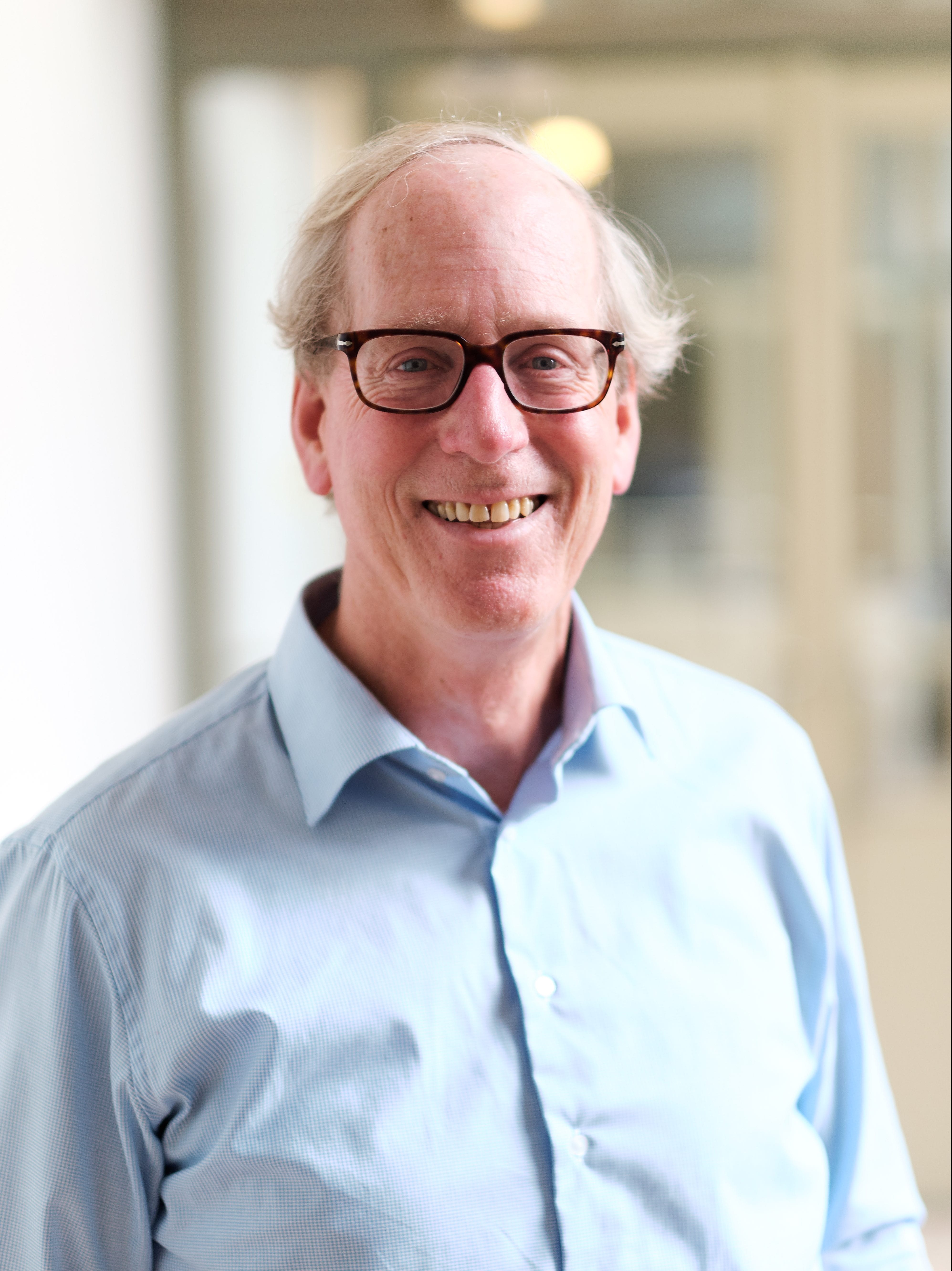This is the second of a series of three interviews with prominent scholars looking at Synthetic Cell research from different perspectives. This time: synthetic cell research from the perspective of industry, with Roel Bovenberg (DSM), member of the BaSyC International Advisory Board.
‘New tools and highly trained people are the most valuable outcomes’
The building of a synthetic cell is seen as a holy grail in science, yet industry is not interested in the cell as such. It is the way it is done that is important. That doesn’t mean industry is sitting on its hands until this feat has been achieved. On the contrary, early involvement is key, according to Roel Bovenberg, Corporate Science Fellow Biotechnology at DSM: “When a group of professors of this caliber says it is going to be big, you just have to get involved, as a professional and as an industry.”
Bovenberg, who has a background in genetics and biochemistry, works at DSM on the optimization of microorganisms used in production processes. He is also a member of BaSyC’s International Advisory Board. “It is my job on the board to address the question whether practical applications are in the cards, and if so, how to get the right people interested that could help us along that exploratory road.” For a company like DSM, potential applications are very diverse. “One example are analysis techniques to study cells or parts of cells,” he says. “Novel ways to characterize the micro-organisms we use, will give us new insights into how we can adapt or use them.” Then there is the software. “A lot of new software will come out of the research. Software that we can use, among others, to improve how we design our own experiments.”
Public-private partnerships
Bovenberg is a great believer in public-private partnerships to tackle scientific challenges. Over the years, he’s been involved in several. “Around the turn of the century, I was involved in a national consortium for genome research of industrial microorganisms, coordinated by TU Delft”, he remembers. “At the time, nobody knew what DNA analyses of bacteria, yeasts or fungi could bring us, neither from a fundamental point of view, nor from the point of view of the business world.” Yet microorganisms are widely used in many industries, from the food- and beverage to the pharmaceutical sector. “Outcomes from that initiative were later used in another consortium, B-Basic, that focused on process technology for the biobased economy.”
The BaSyC (Building a Synthetic Cell) programme, is now the third TU Delft-led initiative Bovenberg is involved in. “Each time, a number of universities collaborated with businesses who were driven by curiosity, but also interested in new business opportunities”, he says. He has similar experiences with public-private partnerships elsewhere in Europe or the US. “It is a powerful way to explore a new field of research with uncertain outcomes. Jointly, you can minimise the risks, while you also learn a lot from each other in the process. That way, you get a better idea of all the possibilities, but also of the hurdles that have to be overcome to get there.”
Unexpected results
Where the eventual applications of a fundamentally new technology will lie, is hard to predict. “It is good to have some ideas at the outset, but at some point you have to let them go again. Usually, your experiments will yield unexpected results, and it turns out things are not the way you thought they were”, Bovenberg says. “It was thought that once the human genome had been mapped, we would be able to treat all diseases.” That hasn’t happened, but it has for example led to the bacterial production of human insulin.
“Similarly, synthetic cell research may benefit the medical sector, but it may also contribute to advances in computational sciences. However, rather than the applications being considered now, we will probably see applications that nobody is thinking of yet.” Despite such uncertainties, Bovenberg has high hopes for the outcomes. “New knowledge and insights, tools and techniques, and above all highly-qualified people: those are the most important results of a project like this.”
